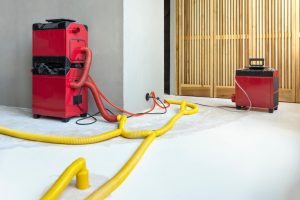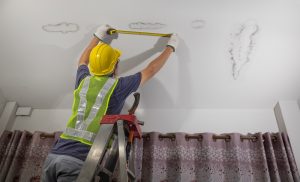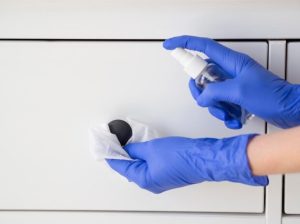You know when somebody is cooking bacon because you open the door, and the smell carries the warm air to your nose. As you create negative pressure pulling air into your nasal cavity (stick with me) you draw those molecules towards you and further away from its source.
Mold spores are much smaller than bacon smells.
And because you intuitively know how bacon smells travel, you now know how mold spores travel through your affected building. It’s that easy.
Our goal is to limit the further spread of mold spores in the air (already happening) by forcing that air (producing negative pressure) to carry the spores where we want them into a HEPA filter (a trap).
Typically, we’ll build temporary plastic containment walls inside doorways or openings just outside the mold affected area, with large HEPA filtration devices set-up, sucking air from one side of the plastic walls to the other; forced through the filter.
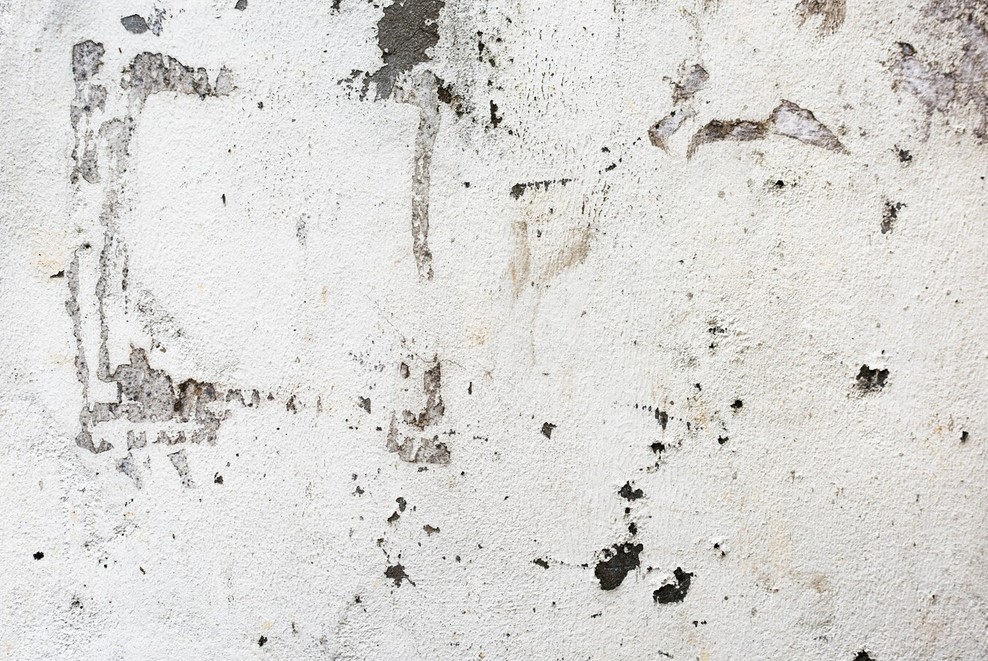
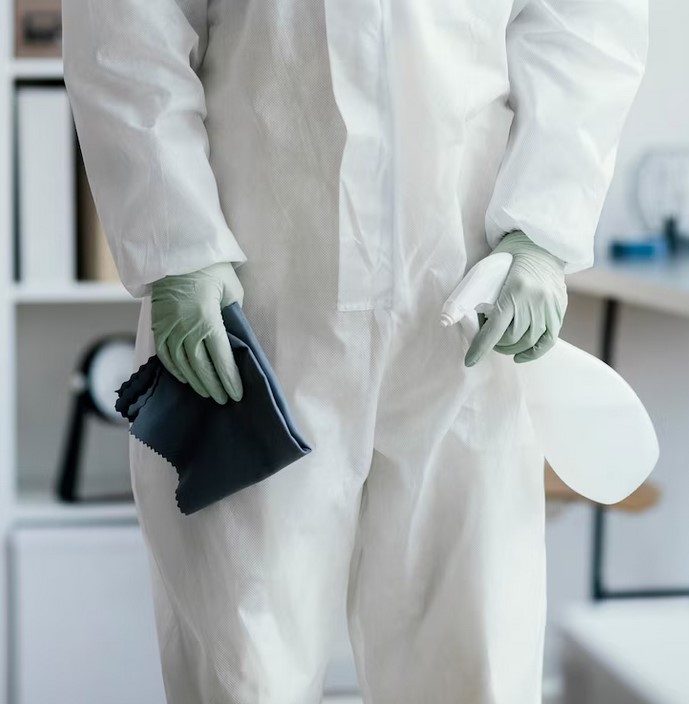
As the spores are carried to the HEPA filter, they get stuck.
The air passes through the filter, but the mold spores don’t.
Just in the same way that you wear a mask around a sick person (stopping the sickness getting into your mouth), we establish a containment like a mask for your building (stopping the spores traveling further away from the source). This containment will usually be built with double-sided tape on the walls and ceiling, or magnets in an office building, holding plastic sheets in place with extendable poles, and with equipment passing through the temporary wall to push and pull the air as necessary.
If we can effectively identify the source of the mold, we then physically agitate, sand, scrub, and remove it from the surface. We will attempt to make any loose spores airborne to specifically get them trapped in the air filters – so we can take them out of the area and get you back into your now mold-neutral space.
In fact, a final step in the mold removal process will often be an “air-wash”, where we’ll use a leaf blower over all the walls and ceilings, to lift any spores that may have tried to rest since we cleaned those areas. Knowing the negative pressure is sufficient, all the spores we kick-up will be pulled through the HEPA filters and trapped at the end of the project.
Adapted from the book: Yeti’s Eat Mold For Breakfast, first published 2022


